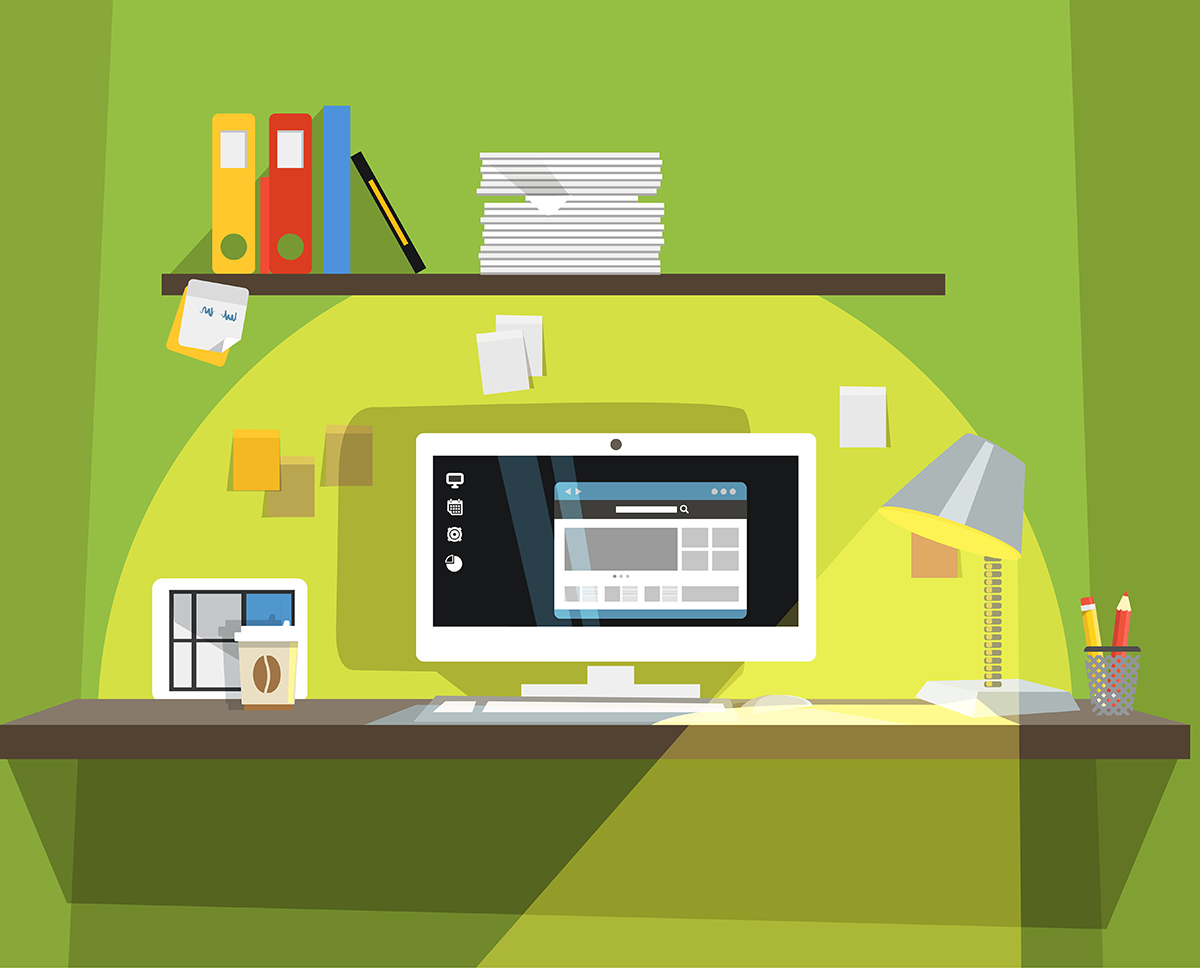When it comes to protecting your personal information in our ever-expanding cyber world, there are many ways to defend yourself. Since the vast majority of attacks originate on the Internet, it is smart to use multiple layers of security to ensure your computer (and the information it contains), stays secure.
One of the most common forms of protection is a Firewall, which is designed to block unauthorized access to the system, while still allowing communication outbound. Microsoft provides a firewall within the Windows OS as a standard security setting.
Along with having a Firewall, it is strongly recommended to have an Antivirus software running as well. This layer provides a defense against known malware and can use behavioural data to determine if a program is acting suspiciously. Of course I recommend Webroot SecureAnywhere, but the general rule is no matter who you have protecting your machine, to keep it updated at all times.
In the case of a successful breach or even just a computer malfunction, having some form of backup (online or external), can be extremely valuable. With an external backup solution, it is important to update it regularly, to ensure any new data or changes are saved. Also ensuring that this backup solution is not constantly connected to your PC helps if any infection does get through, keeping that backup protected. Online backup services usually allow backups to be created at a pre-determined time/day, automatically.
Finally, having the latest version of your preferred Internet browser along with a good Ad-blocking program will aid in keeping your web-browsing experience safe and more enjoyable. With the latest version, it will have many updates to the current security risks, coupled with usability and feature changes.
Each of these solutions has their own strong and weak points, but combined together they cover most of the areas you will have access to while using a computer. With multiple layers of security, you can make your computing experience safer and have the reassurance that your personal information is much more difficult to compromise.







I also believe having a paid (or possibly free) VPN is great for security when connecting to unknown Wi-Fi sources, especially when traveling, and installing an anti-keylogging software are two important layers of security on top of those mentioned here. It always pays to be as safe as possible, especially in our currently browser-oriented world where we are passing sensitive information through the Internet.